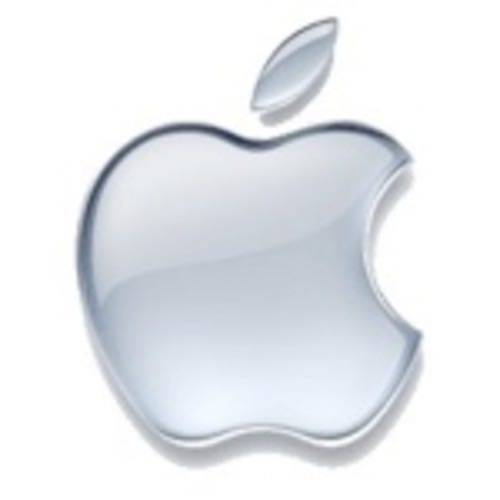Over six years ago, I rounded up a group of analysts to elicit their opinions on what was then a startling trend: People who purchased iPods were then purchasing Macs. Was it a fluke, I asked? Some said maybe not: Buyers were learning to trust the Apple brand again. But there were too many mitigating factors at that time which could eventually derail the Mac’s comeback, for which the only route to its eventual culmination appeared to be by way of the home entertainment center.

What literally no one foresaw in 2005 was the possibility that an Apple-branded device could become a future year’s most successful and desirable business tool. The iPad bounced the Apple brand right back into the office; and now, results of a survey of 10,000 IT professionals worldwide by Forrester reveal that as CxOs find themselves embracing iPads, their companies end up opening their front doors to Macs.
Among survey respondents in North America and Western Europe, an astounding 46% of the enterprises where IT professionals worked in 2011 were reported to be offering Macs as an option to employees. That does not mean half of employees are choosing them – right now, Forrester’s respondents say only 7% of those respondents are personally using Mac OS X in their workplace. But that’s a lot more than in previous years, and much closer to the peaks set in the late 1980s when the first Mac adopters realized they needed them for laser printers and “desktop publishing.”

The iPad has become the Mac’s re-launch pad in the enterprise. Even those companies that officially don’t want iPads yet (they may have policies against BYOD) have employees who do. Some 27% of respondents said their enterprises presently support the iPad, with another 31% planning to, and yet another 23% actively campaigning to make them support it. That’s important, because while 46% of enterprises offer Macs, only 30% of them support Macs – and that’s a big difference. The hurdle for enterprises wanting to adopt, and maybe even embrace, the Apple brand is integrating them into the network.
One more factor playing into the Mac’s enterprise success, astonishingly… is Android. It’s a strange, backward chain of events that Forrester’s research indicates begins with the inconsistency of that platform – something which the latest version 4.0.x, Ice Cream Sandwich, hopes to eradicate if only it weren’t just one of the fragments in its own right.
As the Forrester report’s principal author, Frank E. Gillett, writes, “Google’s Android platform is selling very well with consumers for smartphones, but the wide variety of devices, features, and software support, plus inconsistency of support for OS upgrades, is fragmenting the Android ecosystem. Meanwhile, Google has yet to dent the iPad’s dominant tablet position, while Amazon’s popular new Android-based Kindle Fire tablet bypasses Google’s app store, Android Market, altogether. In PCs, Google’s Chromebook initiative to replace Windows PCs will take years to gain traction. By comparison, Apple has solid offerings in all three categories, keeps a limited but still highly desired range of models, and creates great consistency and upgradeability across the devices, characteristics that are very attractive to enterprise buyers. Forrester hears from CIOs that they feel protected by Apple’s brand and app store strategy in a way that they don’t with Android products.”

















